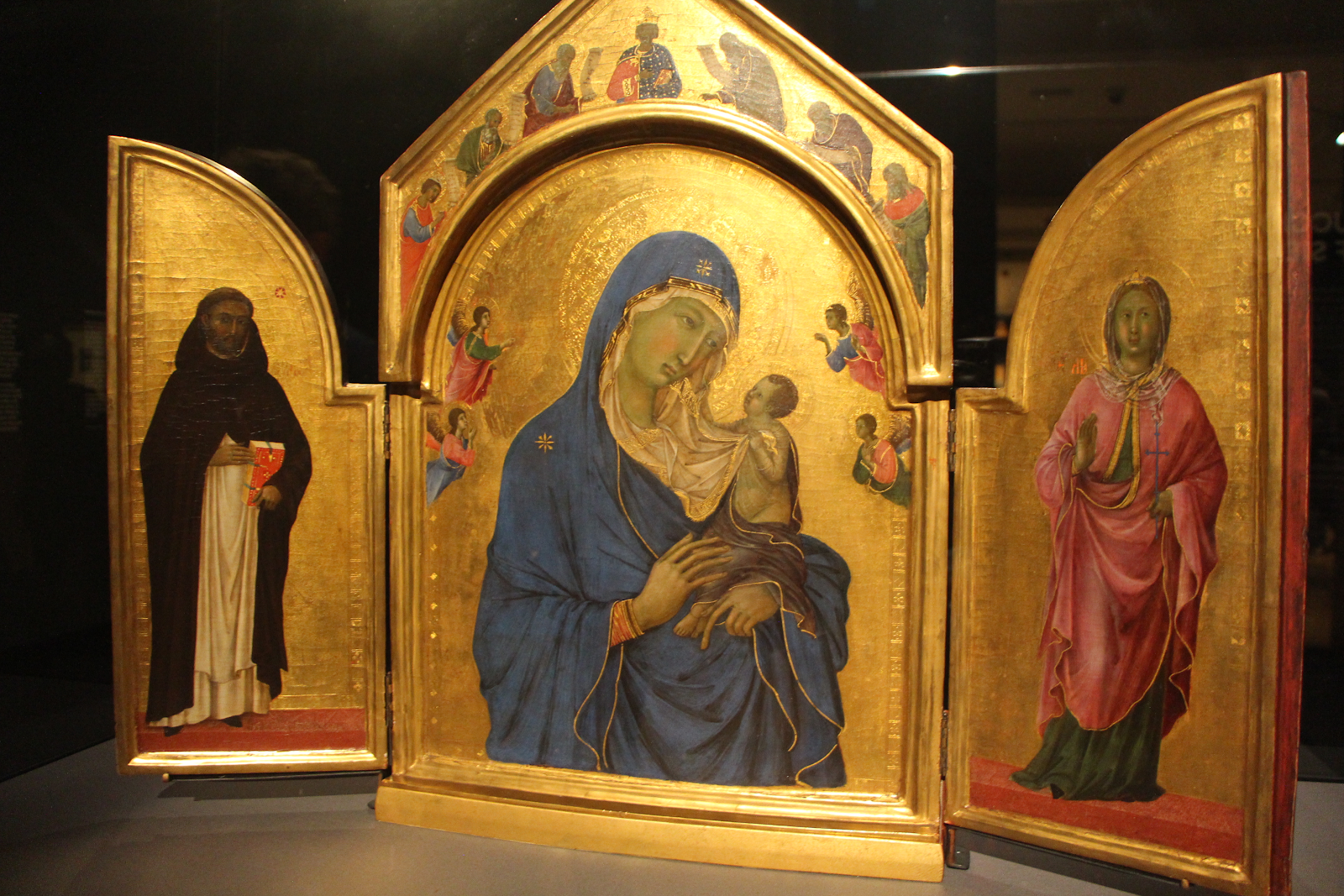Recently my friend Himadri asked, if I were a literary academic, which area of literature I would specialise in. Probably Shakespeare or 19th century novels, British or Russian.
But as I told Himadri then, I’m so glad that literature is not my profession.
Not a book reviewer or literary critic, I don’t have to read bad books, keep up with the currently hottest writers, or even pay attention to contemporary fiction. Not an academic, I don’t have to read jargon-heavy and ideology-driven critical texts or badly-written and barely-read literary works related to my field of study. Not a Shakespeare scholar, I don’t have to read Harold Bloom.
A Twitter friend whom I have met in person studies female novelists before Jane Austen (or something like that), and has to read so much crap. My professor and literary critic uncle has been so used to reading for work that even now, when he has retired, can no longer read for pleasure. And I have read George Orwell’s essay about the miserable job of book reviewing (and the rush through books for a review).
I’m happy for them but happy about my own freedom—the amateur’s freedom! I read the 1200-page The Tale of Genji and some other works of Heian literature because I felt like it. I read all of Shakespeare’s plays and sonnets and also Shakespearean criticism because I felt like it. I explored 17th century playwrights—not only Shakespeare’s contemporaries in England but also Molière and Spanish Golden Age playwrights—because I felt like it. And when I got bored, I stopped. And now, having noticed a gap in my own reading, I’ve been exploring 18th century novels since last year, but—look at the length!—have no intention of reading Clarissa anytime soon. Who can force me?
What’s more, the amateur doesn’t have to write about every single book she reads.
Literature sustains me, reading helps me keep my sanity in this increasingly insane world, my library’s dukedom large enough, but that’s only the case because of the absolute freedom I’ve got.
_____________________________________________________
On a side note, a few weeks ago, Himadri and I went to an exhibition of Sienese art (14th century) at National Gallery, London. Not a fan, I’m afraid (some of you are probably puzzled). Looking at the art, I was also thinking that I’d been more or less going back in time in my reading—first contemporary fiction, then the 20th century, then the 19th century, then Shakespeare and the 16th and 17th centuries, then the 18th and more of the 17th—but to go back to literature before Shakespeare’s time, I might make a big jump all the way back to Ancient Greece and Rome. If we look at the period in-between—I’m talking about Western literature—nothing particularly interests me—I know, some of you might gasp in shock and horror, but not even Chaucer or Dante. The only literary works in this long span of time that arouse (some of) my interest are East Asian—Tang poetry, Heian literature, and Water Margin. You might convince me otherwise (though I doubt it).


"I don’t have to read Harold Bloom." Amen!
ReplyDeleteHahahhaa.
Delete